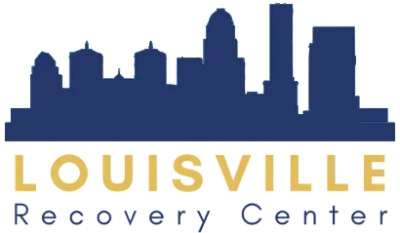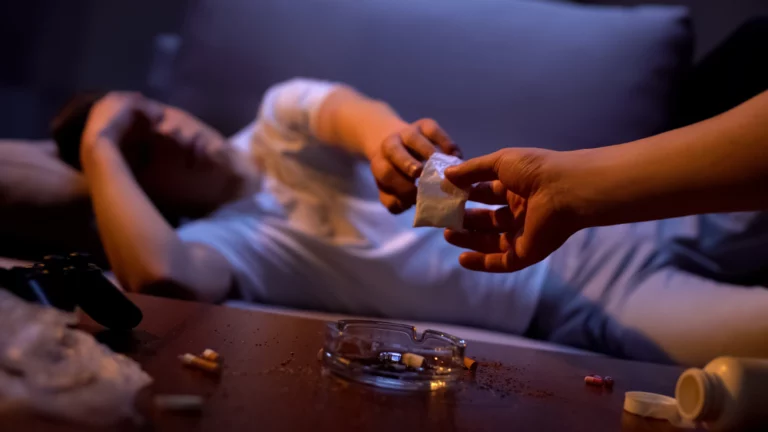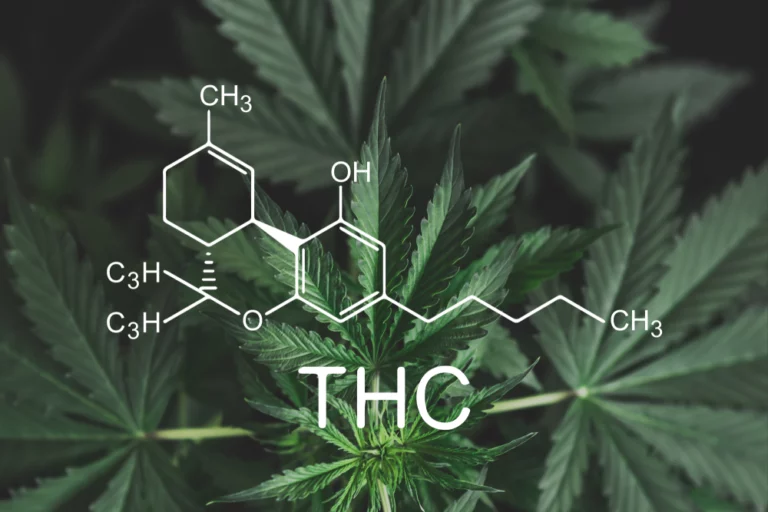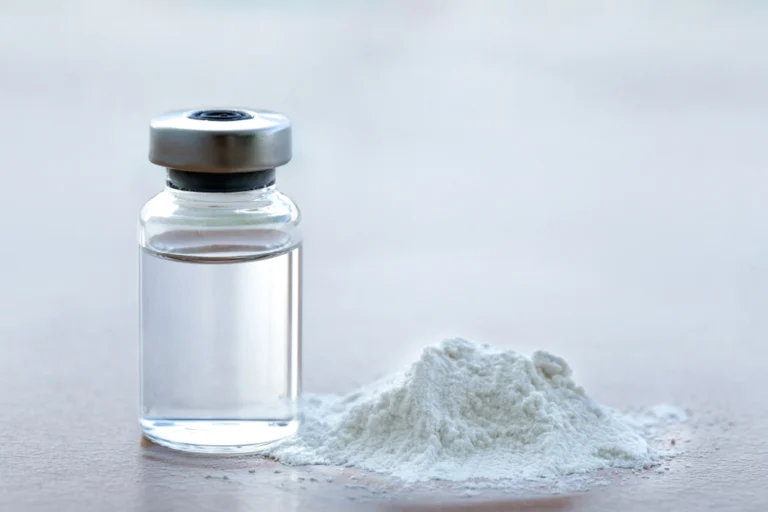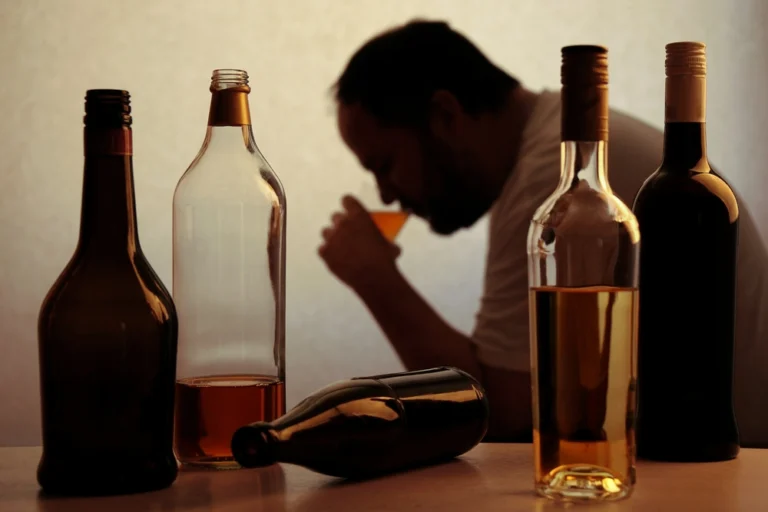What is a Dual Diagnosis Treatment Center? An Informative Guide
A dual diagnosis treatment center is an important component of effective addiction and mental health care. More than one in four individuals with substance use disorders also have mental health issues. This is because certain substances can cause mental health issues as addiction develops or people with mental health issues self-medicate or cope with the symptoms of their mental disorder. It is also possible that the same causative factors are behind both mental health disorders and substance use disorders, including neurobiological, genetic, or trauma-related causes.
A dual diagnosis treatment center is a facility designed to care for clients who suffer from a co-occurring disorder, or dual diagnosis.
What Does Dual Diagnosis Mean?
Someone with a dual diagnosis has both a substance use disorder and a mental health disorder. Dual diagnosis is frequently described as a co-occurring condition. Although there are any number of mental health disorders that may co-occur, the term dual diagnosis most often refers to individuals with a mental disorder and a substance use disorder. Although one disorder may have appeared first, it is often difficult to determine which one actually developed before the other. Unfortunately, mental health disorders and substance use disorders tend to exacerbate each other which is why dual diagnosis treatment centers are vital.
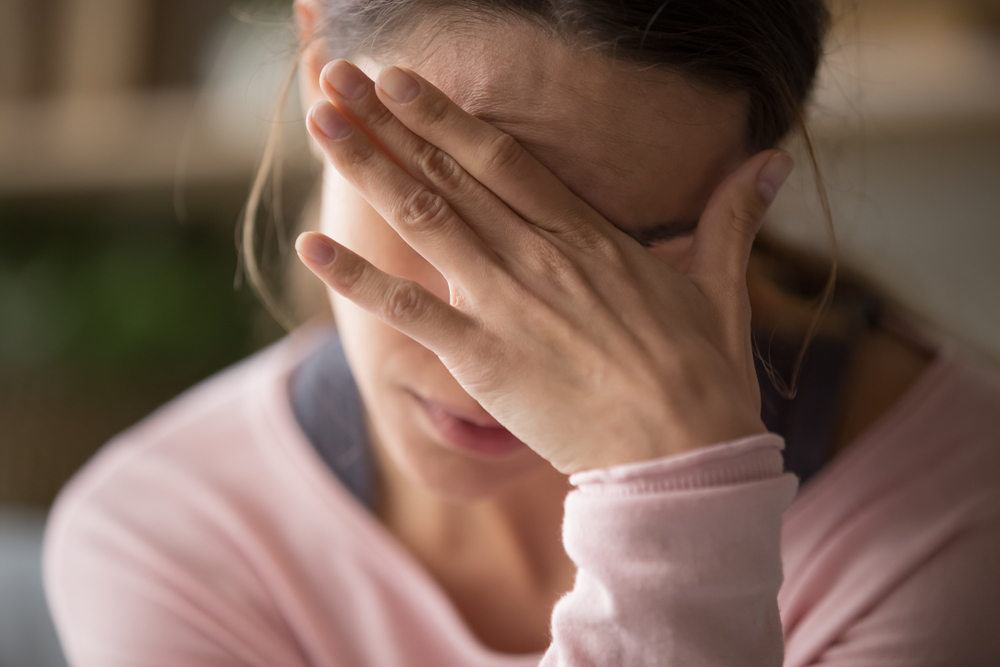
Most Common Dual Diagnoses in Louisville
These are some conditions that are frequently encountered alongside addiction. A mental health condition or behavioral disorder may be the underlying cause of addiction in many cases. It is critical to note that any long-term addiction recovery plan should never overlook the symptoms of a mental health disorder or behavioral issue. The following are common mental health problems linked to substance abuse:
Bipolar Disorder
People with bipolar disorder are 50% more likely to have an addiction than the general population. It’s common for people with any disorder to self-medicate. Drugs and alcohol are often used to self-medicate by people with bipolar disorder as a way to temporarily relieve emotional situations and manic episodes.
Attention Deficit Hyperactivity Disorder (ADHD)
Using substances as a way to cope with the symptoms of attention-deficit hyperactivity disorder (ADHD) may be more common among those with the condition. Because many people are prescribed Stimulants to treat ADHD, which can be addictive and lead to a toxic substance abuse pattern, those with ADHD may be more likely to abuse substances.
Depression
Approximately 10% of Americans have reported suffering from depression. Drugs or alcohol are often used as self-medication for those with depression, which frequently exacerbates the problem. The crash after the high can be intense for those with pre-existing depressive conditions.
Generalized Anxiety Disorder
Generalized anxiety disorder (GAD) is the most common mental health disorder in the United States, affecting 18% of the population. Individuals who have GAD may be more prone to abusing drugs and alcohol to manage their symptoms. Benzodiazepines, highly addictive prescription drugs used to treat anxiety disorders, are also abused.
Obsessive Compulsive Disorder (OCD)
People with obsessive-compulsive disorder (OCD) may suffer from a variety of obsessions and compulsions, including an irrational fear of germs and an irresistible desire to wash constantly. Some individuals with OCD may develop substance abuse as a result of their behavior, which often leads to anxiety and depression.
Schizophrenia
It can be hard to diagnose schizophrenia in combination with addiction because the two conditions have similar effects. A person with schizophrenia who uses substances to self-medicate their condition risks putting their health at even greater risk.
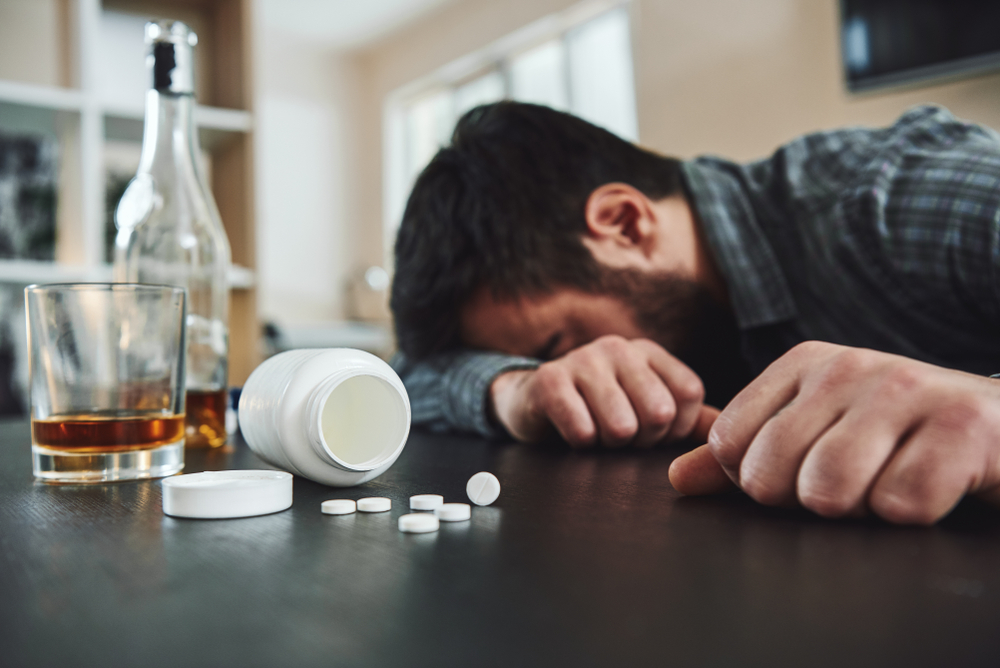
Post-Traumatic Stress Disorder (PTSD)
A person with post-traumatic stress disorder (PTSD) has a reduced amount of endorphins in their brain, which makes them more prone to substance abuse in order to feel good. According to the US Department of Veterans Affairs, approximately 75% of veterans who experience a traumatic event during combat report repetitive substance abuse.
What is a Dual Diagnosis Treatment Center?
Our Louisville dual diagnosis treatment program offers unique recovery and mental health care that addresses both issues. If your medications need to be restarted or adjusted, our Kentucky dual diagnosis treatment program has psychiatrists on staff, which can be especially beneficial. Withdrawal symptoms and mood changes can occur during the recovery process for mental health disorders, making a dual diagnosis program the best choice to meet your needs. A dual diagnosis treatment center like Louisville Recovery Center can properly diagnose and treat your mental health problems.
What are Treatments for Dual Diagnosis in Louisville, Kentucky?
Dual diagnosis clients frequently find it difficult to succeed in treatment if substance abuse or mental health issues are addressed separately. Integrated intervention is the term used to describe substance abuse and mental health care combined. This approach is the preferred method for treatment. Treatment at a dual diagnosis center typically consists of the following:
Therapy
Therapy, especially Cognitive behavioral therapy (CBT) is employed at dual diagnosis treatment centers. CBT, which assists people in altering damaging or negative patterns of behavior, is highly effective in treating substance abuse and various mental health disorders. Other therapies utilized in treatment may be art therapy, adventure therapy, and group therapy among many others.
Medication-Assisted Treatment (MAT)
Some mental health issues, especially those that don’t respond as well to therapy alone, can be treated with medications. A psychiatrist or other doctor may suggest medications based on what you experience. Substance withdrawal symptoms can also be treated with medications.
Relapse Prevention
In order to properly protect yourself from vulnerability in high-risk situations, behavioral therapy and coping methods are integrated into relapse prevention. Knowing when to leave a party where drugs or alcohol are present or learning how to address the traumatic triggers that lead to substance abuse, your individual care needs and substance use history should be used to tailor relapse prevention techniques.

What to Expect
You will begin working with a counselor and receive therapy sessions on a regular basis. The therapy you receive will depend on the program or clinic you choose, but you will work closely with a therapist to develop a therapy plan for your specific symptoms. Talking therapies will be provided as well as outdoor or animal therapy, art therapy, and movement therapy, among others. If your therapist recommends it, you may also participate in group therapy or support groups.
It is critical to have time to relax and do enjoyable things while in treatment. You will most likely be encouraged to participate in various types of self-care activities such as reading, journaling, drawing, and exercising. You will also be encouraged to spend time with family and loved ones during a set time, such as weekends since positive reinforcement from family and friends can significantly support recovery.
Is Dual Diagnosis Treatment Right For You?
Because of the significant overlap between mental illness and addiction symptoms, co-occurring mental illness and substance use disorders are difficult to diagnose. Some drug withdrawal symptoms, for example, resemble mental health symptoms. To prevent an incorrect diagnosis, mental health diagnoses are preferably made after the individual has undergone drug detoxification and no longer has any drugs in his or her system.
It’s important to know how to spot co-occurring disorders warning signs if you or your loved one is suffering from them. The causes of co-occurring disorders are usually unique and independent from one another, but common causes include:
Discontent
Have you been able to remember a time when you were content with life, without the assistance of drugs or alcohol? Try to think back to before the substance misuse occurred, before the drinking spun out of control, and evaluate your feelings at that particular moment in your life. Were you faced with anything difficult, hurtful, or upsetting at that time? Did you feel unhappy, angry, or tense? If you’re unable to recall a time when you were content without drugs or alcohol, you might have a mental health condition in which you’ve tried to self-medicate.
Anxiousness
If you used drugs or drank excessively to escape stress, fear, or anxiety, you may have relied on them as a self-soothing mechanism. Consider the origin of your substance abuse problem. Were you driven to consume alcohol to avoid confronting difficult circumstances on your own? Do you feel at home at a social gathering without drinking? In many instances, substance use is used as a self-calming mechanism. Dual diagnosis treatment may be necessary for someone with a long-term anxiety condition.
Past Trauma
According to the Substance Abuse and Mental Health Services Administration (SAMHSA), a history of trauma frequently leads to co-occurring disorders. A traumatic experience may include physical or sexual abuse, witnessing a death or tragedy, or surviving a war or catastrophic event. Those who experienced trauma as children or adolescents are particularly vulnerable to co-occurring mental health disorders. Traumatic experiences alter brain chemistry, which in turn causes them to experience stress and, likely, self-medicating in order to cope.
Heredity
Mental health conditions are often hereditary, so any prior history of mental illness in a relative, including depression, bipolar disorder, anxiety, or drug addiction, increases your chance of developing one. Your family’s mental health history should therefore be taken into account, in addition to their specific mental health diagnoses, treatments, and hospitalization histories, regardless of whether they have been formally diagnosed with a mental illness or not.

Dual Diagnosis Treatment Center in Louisville
If you are looking for a dual diagnosis treatment center in Louisville, Kentucky, you’re in luck. Anyone can be affected by a co-occurring disorder. If you or a loved one is currently struggling with addiction and a mental health disorder, Louisville Recovery Center is here to help.
Our specialists will help you create a dual diagnosis treatment plan that matches your individual wants and requirements. Our customized programs and services can assist you in achieving long-term recovery. You do not have to struggle alone. Please contact us today to learn more about our dual diagnosis program.
